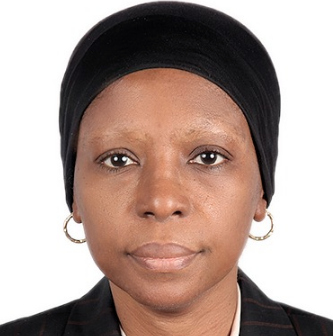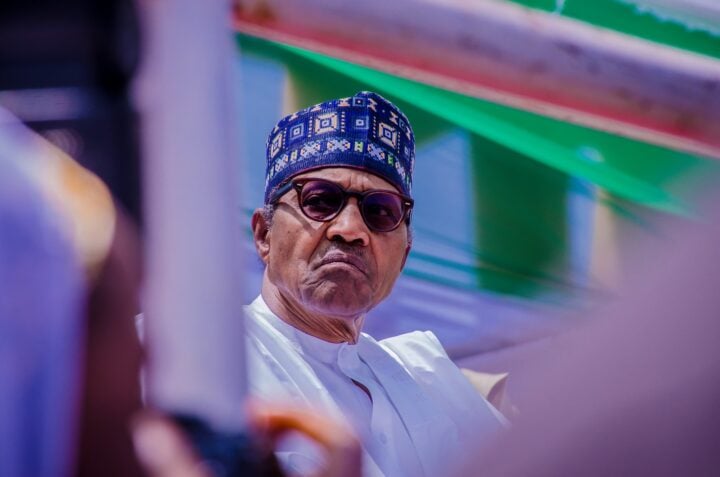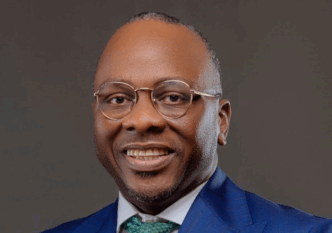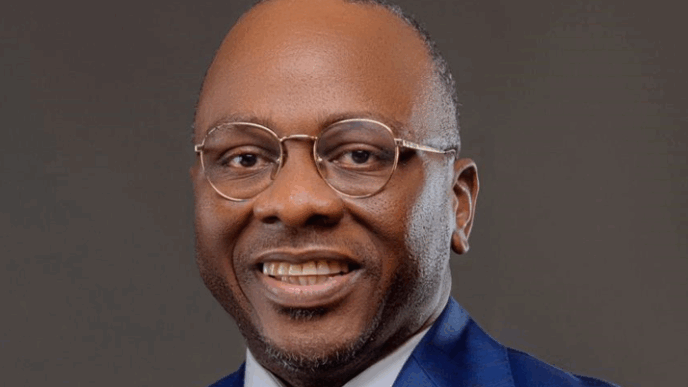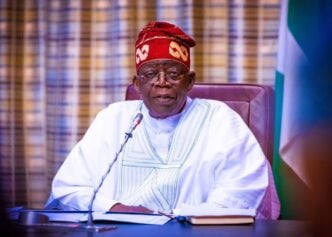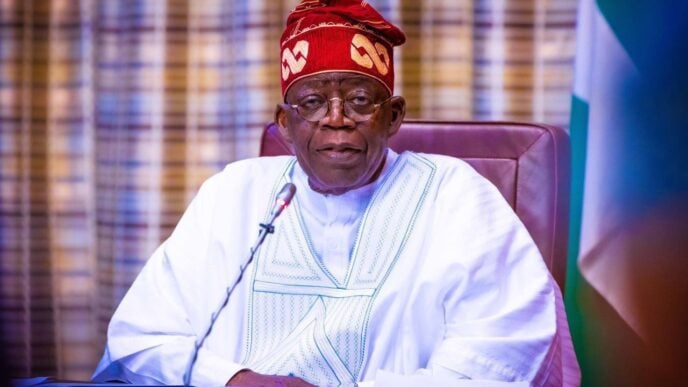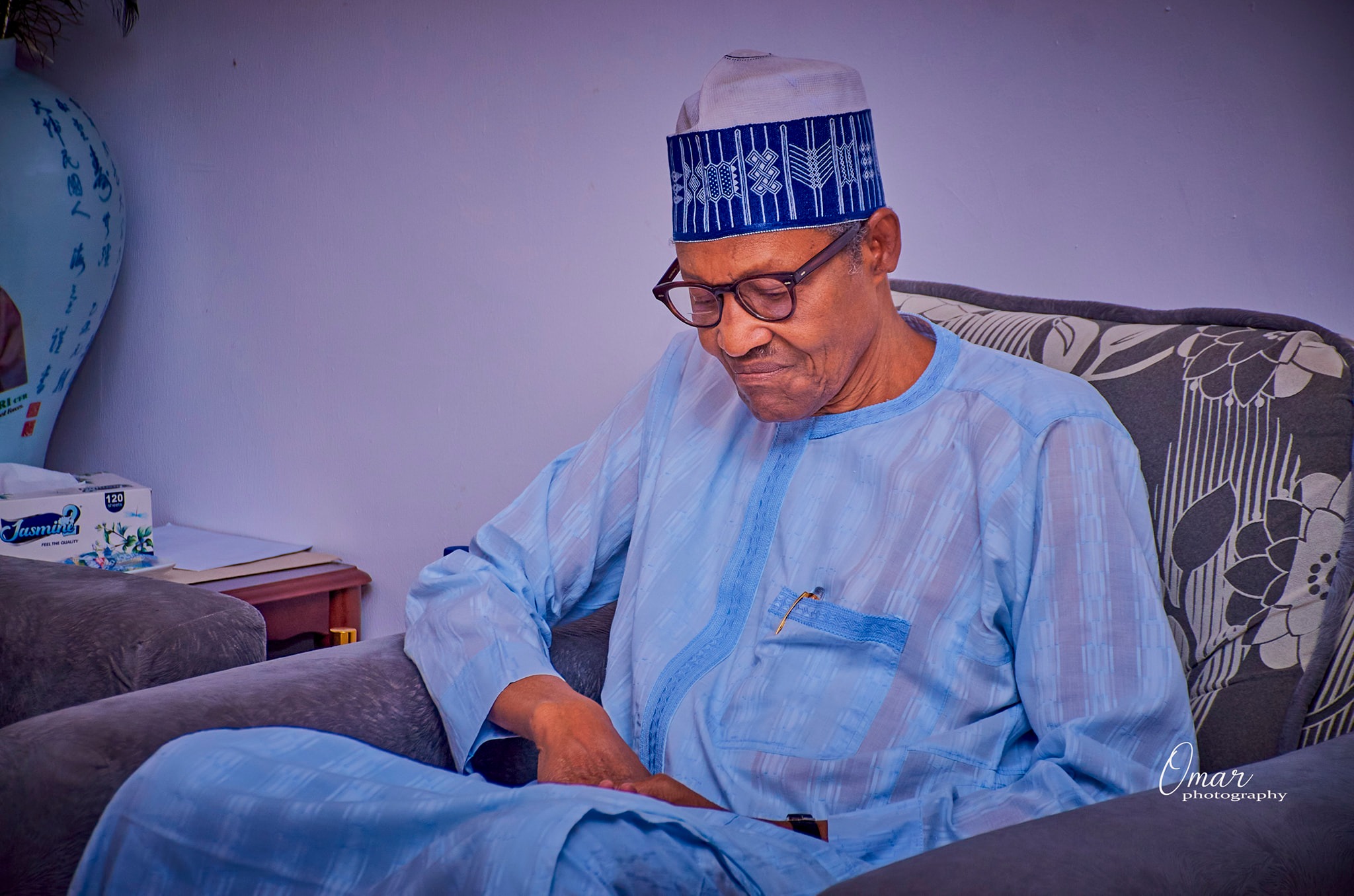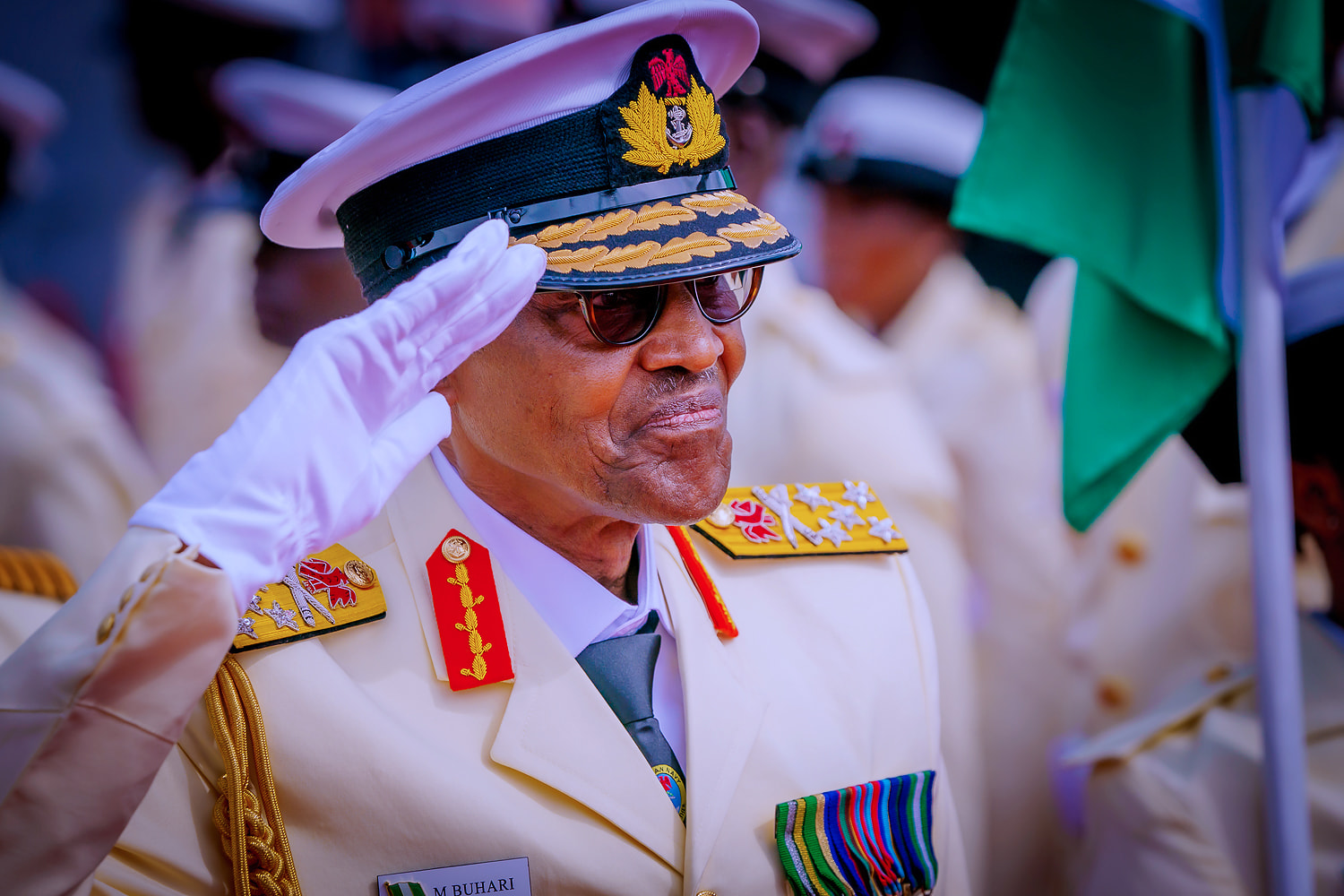Buhari
It is with sadness, yet gratitude to the will of Allah, that I pay tribute to an extraordinary military and political leader, President Muhammadu Buhari, whose passing leaves a significant void in our nation. I had the privilege of working in the Presidency as Senior Special Assistant to the President on Oil and Gas Policy between October 2017 and June 2020. During this period, I witnessed his leadership style. Reflecting on this journey, I am compelled to share four key lessons that defined his leadership and have impacted my approach to public service.
First was his self-discipline. He exemplified an unparalleled level of work ethic and discipline that set him apart in the chaotic landscape of political governance. Working in the Presidency at that time meant adhering to a standard of integrity and meticulousness rarely seen. A regular calendar of meetings was established and the meetings commenced on time. Papers presented to the President were dealt with within 48 hours with feedback that confirmed he has thoroughly read the memorandum. Observing him, I learned the importance of personal discipline as the foundation of effective leadership as the leader’s example cascades down, fostering efficiency and accountability.
The second lesson was his unwavering integrity, a beacon of honesty and incorruptibility in an environment often marred by self-serving interests. In a country where corruption remains a pervasive challenge, he stood apart, consistently prioritizing the public good over personal gain. He believed that leadership without integrity is hollow, that true power derives not from wealth or influence but from the trust of the people. He saw his position as that of public trust which he will not compromise. This steadfast commitment to ethical conduct instilled in me a belief that integrity must be the guiding compass for every public leader.
The third vital leadership lesson he imparted was the empowerment of his team. He fundamentally understood that a leader’s strength is amplified through the empowerment of others. Rather than micromanaging, he gave his direct reports clear mandates and the necessary autonomy to execute their responsibilities. He fostered a culture where initiative was encouraged, and integrity was non-negotiable. He consistently emphasized the importance of strong, independent institutions over personal dominance, demonstrating that lasting progress is achieved when individuals are trusted and empowered to carry out assigned tasks, and institutions are strengthened.
Advertisement
The fourth was his profound commitment to the welfare of the poor and vulnerable, who constitute the majority of Nigeria’s population. His policy decisions consistently reflected a dedication to alleviating poverty and reducing inequality. His principled stand against removing petrol subsidy exemplified his understanding of the disproportionate burden such policies would place on the poor. Despite immense pressure from within his government and outside, he maintained his position, warning that subsidy removal would devastate purchasing power and deepen poverty. I often wondered why he did not support petrol subsidy removal, until subsequent events vindicated his stance.
Beyond the petrol subsidy, he championed numerous pro-poor initiatives designed to lift millions from the grips of poverty. He implemented the National Social Investment Program (NSIP), National Poverty Reduction with Growth Strategy (NPRGS), and the Special Public Works Program, among others, demonstrating his deep-rooted commitment to creating inclusive economic opportunities, especially for the young and low-income earners. His government invested heavily in supporting agriculture and manufacturing, two sectors that benefit the poor and low-income earners. Each of these initiatives not only aimed at immediate relief but also sought to structurally transform the economic landscape, ensuring sustained poverty alleviation and inclusive economic growth.
In the quiet yet decisive manner in which he led, I witnessed the immense power of ethical leadership. His life was a testament to the enduring truth that leadership is most impactful when driven by a deep sense of integrity, purpose, duty and commitment to the people one leads. In a world crying out for authentic leadership, President Muhammadu Buhari’s example of self-discipline, integrity, institutional respect, and a deep-seated commitment to the poor offers timeless lessons for those in public service.
Advertisement
Though his departure leaves us saddened, the lessons he imparted remain. May Allah forgive his shortcomings and grant him Aljannah Firdaus. Amin.
Views expressed by contributors are strictly personal and not of TheCable.
